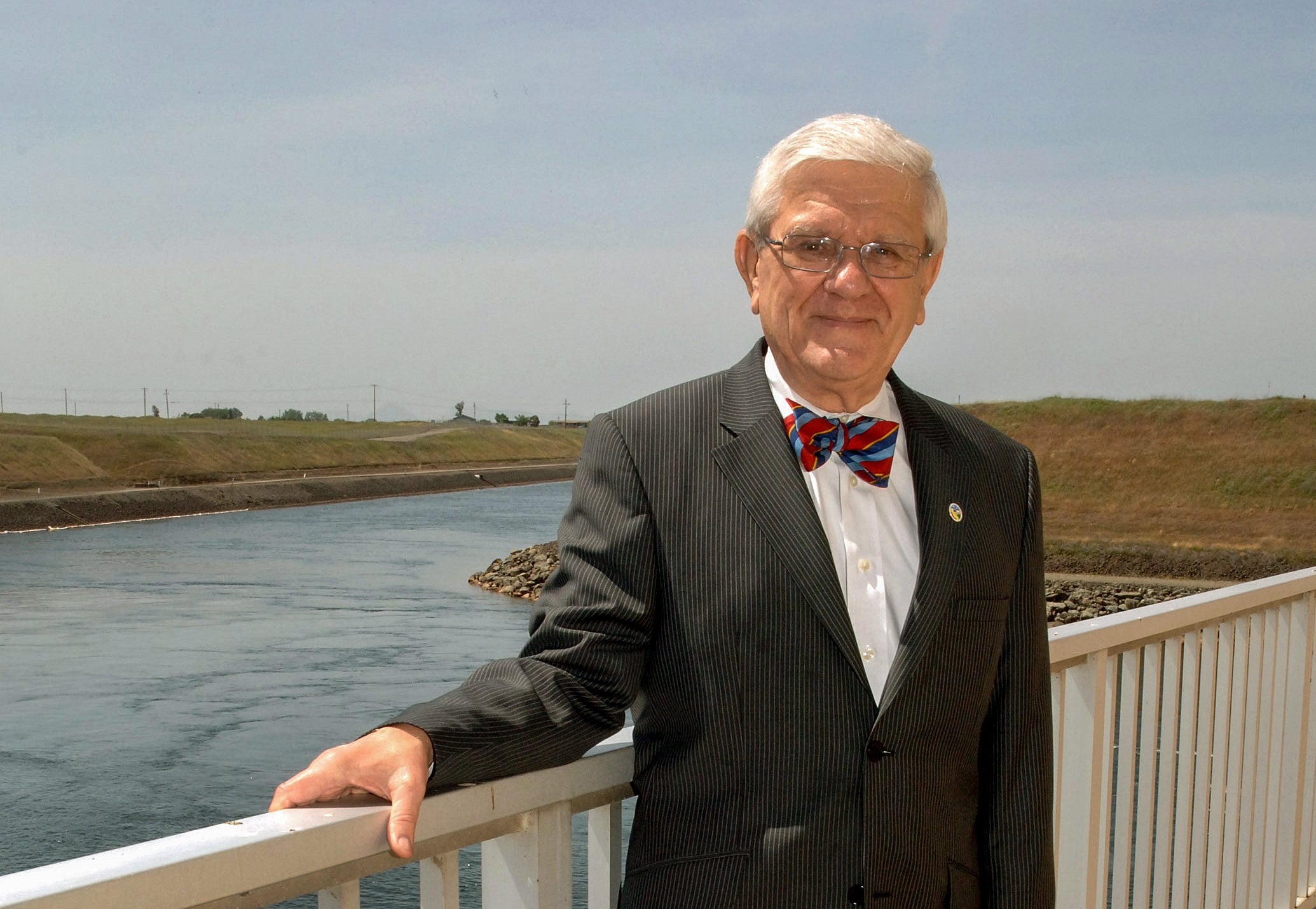
Diving into Water Law: Q&A with California’s “Water Renaissance Man” Justice Ronald Robie
Photo Credit: California Department of Water Resources
He’s been called a “water renaissance man.”
Justice Ronald Robie has dived into the issue from every corner of California government—as a Legislative consultant writing key water policy, as director of the state Department of Water Resources, and now as an appellate court justice ruling on key water issues facing the state.
Justice Robie, who serves on the Third District Court of Appeal in Sacramento, answered our questions on the future of water law, climate change, and the role of the Judicial Council as more water litigation flows to California courts.
Q: This year, Californians experienced historic levels of rain after long stretches of drought over the past two decades. Should that change how we think about water scarcity?
A: Historically, California has ups and down with water. That’s why we rely on dams, because we don't have a reliable source of water every year. When I was director of water resources in 1977, we had the driest year on record at that time. And that was followed by a couple of wet years. So, you can’t predict it, and that’s the problem.
Q: How will climate change impact our state’s water unpredictability?
A: Climate change means it’s even less likely to know what’s going on. A lot of scientists are studying climate and trying to tell us what to expect. But it's not always very clear. What will happen five years from now? We don’t know.
Q: You’ve dealt with water issues from all three branches of government. How do the courts play a role?
Courts get involved whenever there are disputes, and there are a lot of water disputes. They’ve gone back 100 years. Any time a decision is made by the State Water Resources Control Board, for example, announcing new guidelines and operating procedures for development projects, some are going to benefit and some are not. And so you’ll get lawsuits. There will be environmental groups who think the fisheries are not being adequately protected, so they will be part of it.
The funny thing about California is that for many, many years, we’ve had enough water for everybody. But with the drought of the last five years, the water board has started issuing cutbacks and orders, and that's resulted in significant litigation.
California also has had this strange system unlike that of any other western state. We have riparian rights—which go back to the common law of England—where a person who owns land adjacent to a stream has a water right. Those aren’t written down, those are common law. So you have to go back and look at deeds that transferred the property 100 years ago, and see what they said.
We also have water rights prior to 1914 that are not subject to regulation by the state. While that seems like a long time ago, there are a lot of water rights that were perfected prior to that time: in San Francisco, Oakland, and Los Angeles.
So, in addition to the uncertainty of not knowing how much water we’ll get year to year, there’s a great deal of uncertainty as to who has a water right.
Q: What is the Judicial Council’s role as water litigation intensifies?
A: Climate change and water issues have become a priority—an environmental imperative for the judicial branch. Last year, the branch received $1 million in budget funding, which included funding to hire two lawyers who are working on water matters. They are putting together a bench book [an overview of legal procedure for a judge] on water and instituted a series of classes for judges, justices, and staff attorneys—anyone who gets an assignment for a water case can go to that class. We recently held an environmental summit, which included a healthy dose of climate change information for these judicial officers and attorneys.
Q: You’ve been involved with water issues for 50 years. Have the issues or disputes changed much?
The same people are fighting over what they fought over 50 years ago when I was young in the field. My late wife [former Sacramento councilmember Lynn DeForest Robie] went to a hearing many years ago, and the son of the guy who had been litigating back when I was on the Water Board was in the courtroom. So they’ve just passed down the duty to fight over water, and it goes on.


